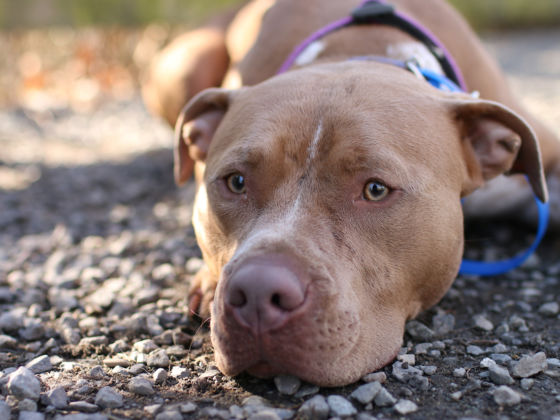I wanted to learn more about how we can most effectively help animals after a disaster, so I consulted Nola Lee Kelsey, who is a zoologist, Editor of the Voluntary Traveler, and the coordinator of a volunteer program with Care for Dogs in Chiang Mai, Thailand. She had several pieces of advice for those of us interested in helping animals after a disaster.


How to Help Animals After a Disaster
Don’t rush in on your own in the heat of the moment.
The most effective responders when it comes to animals are those who are trained. Just showing up to a disaster site can actually drain resources instead of contribute to the effort. Financial donations to reputable organizations can be most beneficial and can also be put to immediate use.
Help raise funds and educate others from home until the dust settles.
Spread the word about these organizations on your Facebook, Twitter, or blog. Share information!
Don’t let your passion for wanting to help go to waste.
If you are in the USA, get your FEMA training now, before a disaster happens, so that you can be ready when it does. Outside of the USA, find out what certifications and trainings you might need to help.
Remember that while initial disaster response is short term, the consequences are being dealt with for many years after.
While some organizations will be going in after the initial response, you can also contact previously established rescues and shelters who may be overwhelmed with homeless animals.
Keep in mind that disaster volunteering is NOT voluntourism.
This is not the time to combine volunteering with sightseeing, but the time to commit to multi-week, 10 hour+ days, and some serious work.
Organizations that you can support
There are several reputable international organizations that are on the ground in Japan to assist with animal rescue efforts.
World Society for the Protection of Animals
The WSPA arrived in Japan just a couple days after the earthquake and tsunami, and have a plan to support animals in the disaster zone for the next three months. Their goal is to raise $150,000 for this plan, which includes creating 30 temporary animal shelters and to supply essentials (food, water, cages, veterinary supplies) to these shelters. You can donate on the WSPA website.
Humane Society International
The HSI disaster response team has been working closely with the Japan Animal Welfare Society, offering advice and aid in planning and carrying out rescue operations. For updates and/or to donate, visit the HSI website.
WorldVets
WorldVets is based in the United States, and sent an emergency team to Sendai on March 15. They have vets who plan to be there long-term to coordinate ongoing efforts as well as to provide direct veterinary assistance. Read updates or donate via the WorldVets website.
If you’d rather support Japanese rescue organizations, here are some that are recommended by the Best Friends Animal Sanctuary:
- Animal Refuge Kensai
- Japan Cat Network
- HEART-Tokushima
Community Connection:
The people of Japan still need help, too. For more information, check out How to Help the Earthquake and Tsunami Victims in Japan.